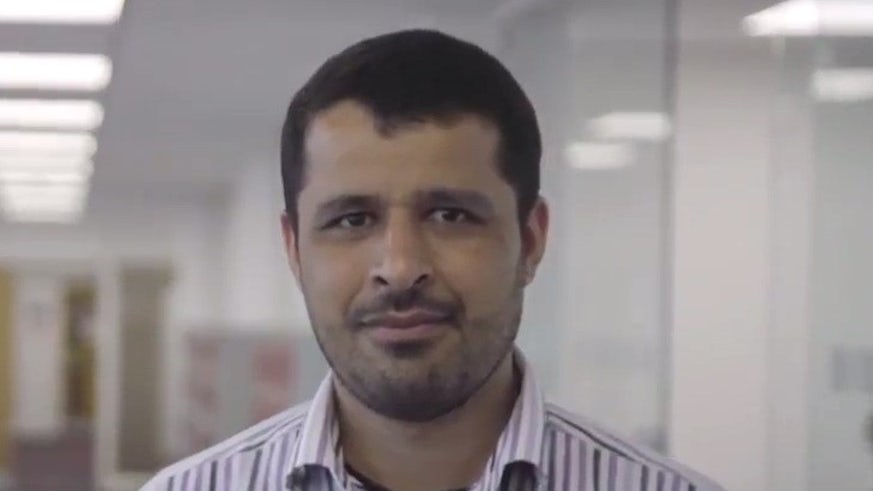Dual-Task Effects on Performance of Gait and Balance in People with Knee Pain: A Systematic Scoping Review
21 Mai 2020

What happens to your movement when you perform a cognitive task at the same time as walking or even simply standing?
Drs Kate Button and Mohammad Al-Amri from the School of Healthcare Sciences worked with scientists from The Brain Repair and Intracranial Neurotherapeutics (BRAIN) Unit in the School of Medicine and the Department of Biomedical Engineering, at The Hashemite University, Jordan, to look at what is already known about this question. They searched the existing scientific literature to find studies that evaluatied the effect of doing two things at once (termed ‘dual tasking’) on movement in individuals with a knee condition such as knee osteoarthritis or anterior cruciate ligament injury.
The results of the studies they found suggest that, in individuals with a knee condition, performing a cognitive task affects walking more than it affects standing balance. This might be because walking requires more cognitive resources, meaning more input from your brain, than standing does. The changes in movement were greater for individuals with a knee condition than for individuals without a knee condition.
The authors concluded that use of dual-tasking has the potential to improve rehabilitation programs for individuals with a knee condition, but more standardised measures are needed to make sure that all research studies are measuring the same things.
